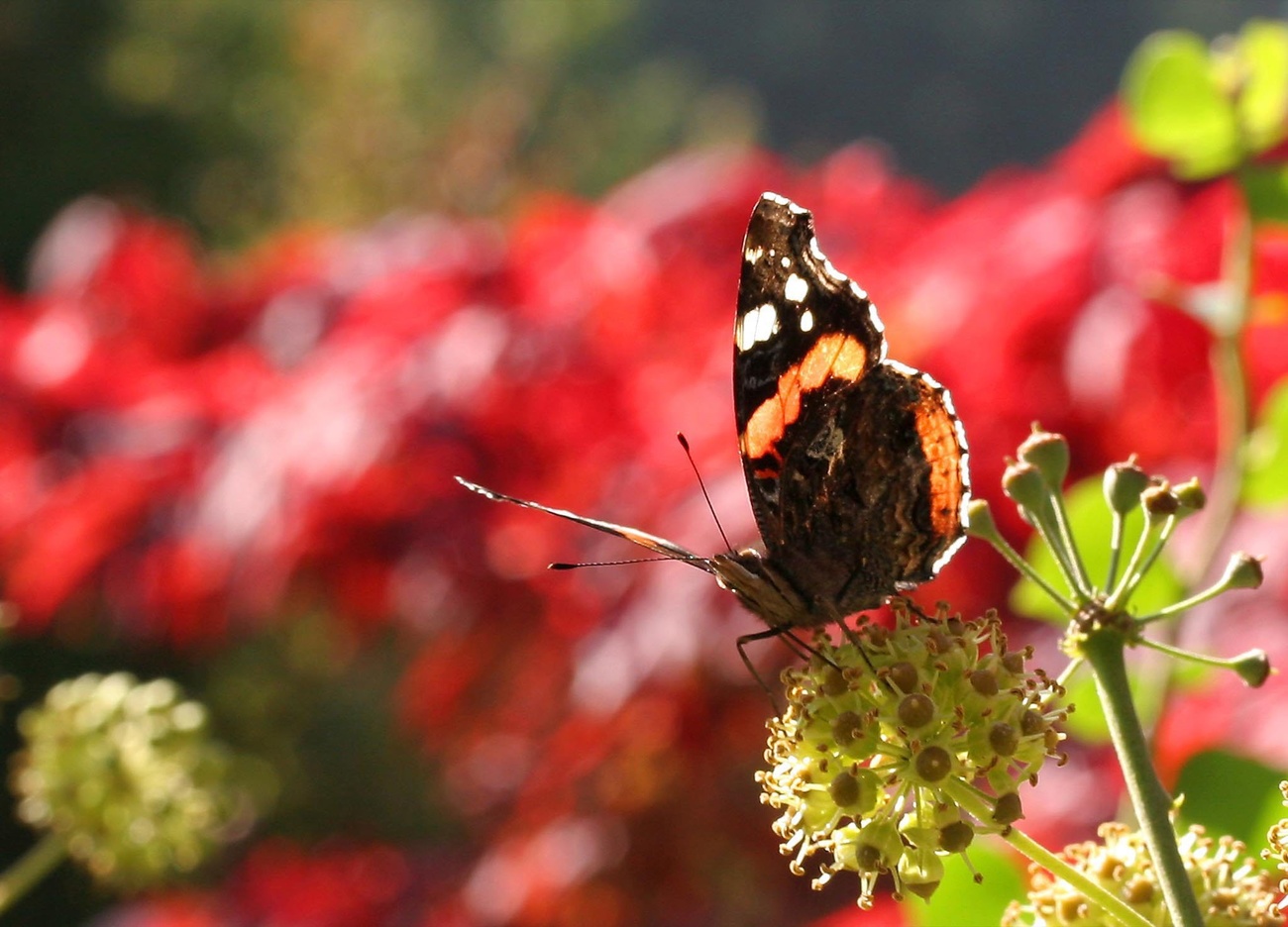
Swiss species put at risk by farming methods

Farming has been blamed for the dangerous decline of several Swiss plant, bird and insect species, including the Damon blue butterfly and whinchat bird.
The agricultural research centre Agroscope found a richer biodiversity in mountainous regions than in the lowlands of Switzerland during its ALL-EMA (Agricultural Species and Habitats) studyExternal link.
Researchers were expecting to find the opposite results as fewer species can be supported at higher altitudes.
“Numerous studies show that the intensive human use of the landscape in the lowlands is the reason for this situation,” read a press releaseExternal link on Monday.
The study also measured the impact of Biodiversity Priority Areas (BPAs) for which farmers receive subsidies to manage their land in a more ecologically-friendly way. In general, BPAs contained much greater biodiversity compared to areas outside of these zones. But the difference was more pronounced in lowland regions than in the mountains.
Agroscope said it would continue monitoring farming land to gain greater insight into its impact on biodiversity.
A separate large scale study of Swiss biodiversity last month revealed a comeback of many mammal species in Switzerland.
But it also found that several mammals, like the field hare, are struggling to survive on account of habitat loss in agricultural zones.
In June Swiss voters will decide on two popular initiatives that demand a radical reform of the country’s agriculture and food production sectors, including phasing out synthetic pesticides.

In compliance with the JTI standards
More: SWI swissinfo.ch certified by the Journalism Trust Initiative






























You can find an overview of ongoing debates with our journalists here . Please join us!
If you want to start a conversation about a topic raised in this article or want to report factual errors, email us at english@swissinfo.ch.